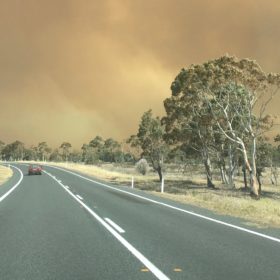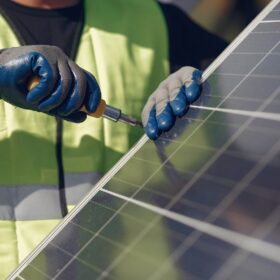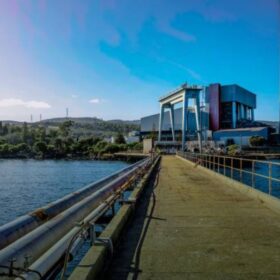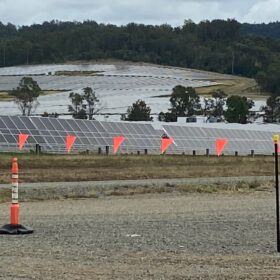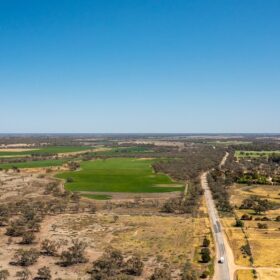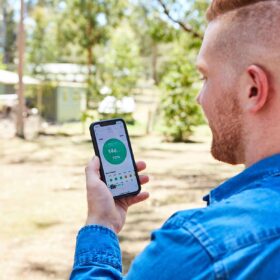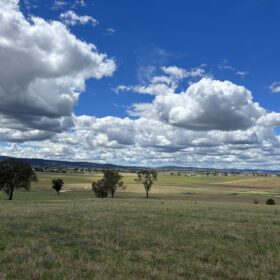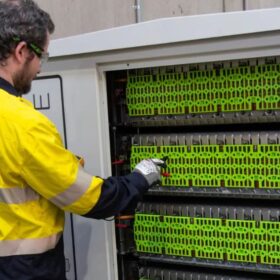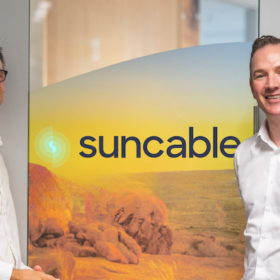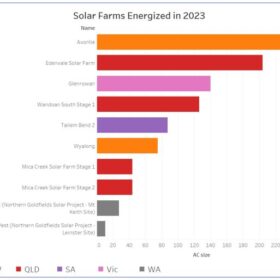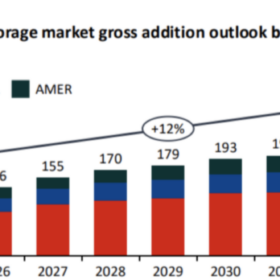UNSW research finds solar can act as early bushfire warning system
While investigating on the effects of wildfire smoke on rooftop PV installations, University of New South Wales (UNSW) researchers have found that solar arrays, due to their sensitivity to smoke, could serve as an early warning detection of wildfires by providing temporal and spatial information on the presence and approximate concentrations of smoke.
Solar waste tipped to provide material supply security
Researchers from the University of New South Wales have rejected suggestions that end-of-life solar panels will create a “waste mountain” in Australia, saying instead that they could serve as valuable material reservoirs for future production.
Abel Energy taps Worley for Tasmanian Powerfuels project
Australia’s green hydrogen project pipeline continues to progress with a string of announcements in recent days, including from Abel Energy which has appointed Worley to assist with the front end engineering design for its Bell Bay Powerfuels project in Tasmania.
Commissioning process spoils improvements in solar project timelines
Australia’s energy transition risks falling behind with a new report showing that the time required to plan, build and commission a large-scale solar farm is almost four years with the final stage of the process having blown out to six months or more.
Transgrid unveils preferred route for VNI West project
Transgrid has released details of its preferred route for the northern portion of the VNI West interconnector project that will connect the New South Wales and Victoria electricity grids.
Amber eyes international market after $29 million raise
Commonwealth Bank-backed energy retailer and technology company Amber Electric has raised $29 million (USD 18.9 million) in capital that is earmarked to scale the business in Australia and to take its battery and electric vehicle automation software offshore.
Elgin gets go-ahead for Glanmire solar and storage project
Elgin Energy’s Glanmire solar farm and battery energy storage system planned for the New South Wales Central Tablelands region has been given the tick of approval by the state’s Independent Planning Commission – subject to “strict” conditions set in recognition of community concerns.
Solar self-consumption boosted as battery cuts grid imports by 94%
The economic benefits of integrating battery energy storage solutions in commercial settings have been highlighted by Relectrify which has released data showing that a recently commissioned 120 kW Revolve battery has reduced the customer’s import of energy from the grid by more than 94%.
SunCable sharpens focus on domestic element of project
The company planning to build what would be the world’s biggest intercontinental solar generation and energy storage project in the Northern Territory has appointed new leadership to help lead the project’s domestic component.
Market analyst calls for change as solar farm development slows
A slowdown in large-scale solar farm development has not been enough to derail near record annual growth in Australia’s solar market with data from SunWiz showing 4.6 GW of PV capacity was installed across the country in 2023.
